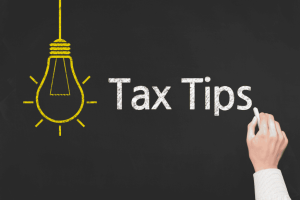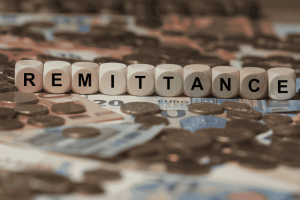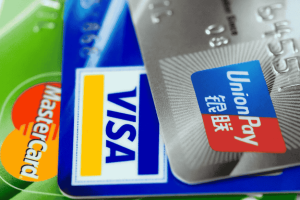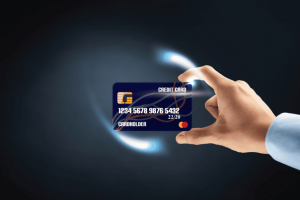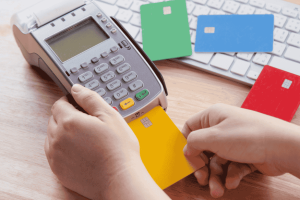Credit cards can be powerful financial tools when used correctly, but they can also lead to serious financial trouble if mismanaged. Many people make costly mistakes with their credit cards, often without realizing the long-term impact on their finances.
Whether you are new to using credit cards or have been relying on them for many years, avoiding common pitfalls such as overspending, missing payments, or utilizing high amounts of your available credit can help you maintain a strong financial standing and maximize the benefits of your card. Understanding the terms, such as interest rates and fees, and using benefits like cashback or rewards effectively are also crucial to making the most of your credit card usage.
1. Carrying a Balance and Paying Only the Minimum
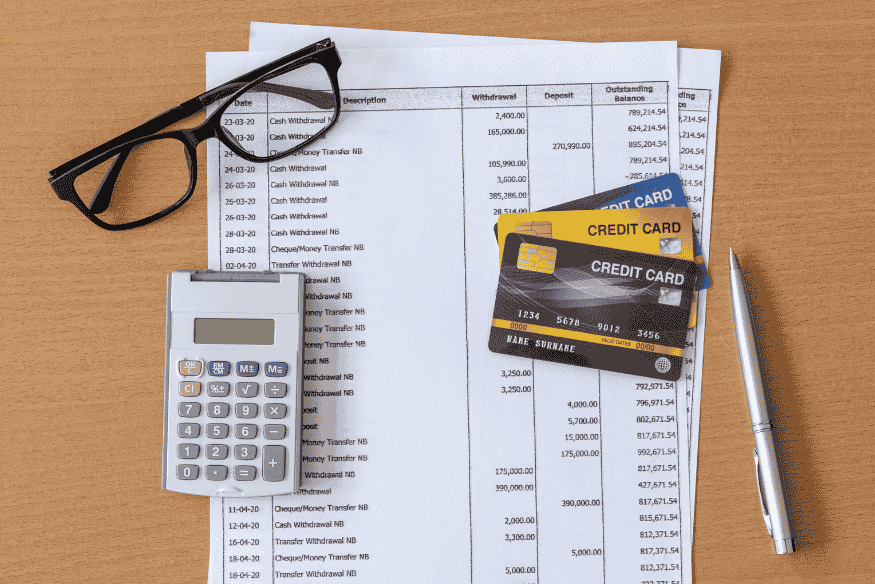
One of the biggest mistakes credit card users make is carrying a balance from month to month and paying only the minimum amount due. This results in high interest charges and can lead to a cycle of debt.
Why It’s a Problem:
- Credit card interest rates are often high, sometimes exceeding 20%.
- Paying only the minimum extends the repayment period and increases the total cost of purchases.
- A high balance can negatively impact your credit utilization ratio, affecting your credit score.
How to Avoid It:
- Pay the full balance each month to avoid interest charges.
- If you must carry a balance, try to pay more than the minimum to reduce interest costs.
- Consider transferring high-interest debt to a lower-interest credit card or a personal loan.
2. Maxing Out Your Credit Card
Using your entire credit limit can be tempting, but it can harm your financial health and credit score.
Why It’s a Problem:
- A high credit utilization ratio (above 30%) can lower your credit score.
- It may indicate financial distress to lenders, making it harder to get loans in the future.
- You may have less available credit for emergencies.
How to Avoid It:
- Keep your credit utilization below 30% of your total limit.
- If you need more credit, consider requesting a credit limit increase.
- Make multiple payments within the billing cycle to keep your balance low.
3. Missing or Late Payments
Late or missed payments can significantly damage your credit score and result in hefty fees.
Why It’s a Problem:
- Late fees can range from $25 to $40, adding unnecessary expenses.
- Your credit score may drop if payments are more than 30 days late.
- A history of missed payments can make it harder to qualify for loans or new credit cards.
How to Avoid It:
- Set up automatic payments or calendar reminders.
- At a minimum, pay the minimum due to avoid penalties.
- If you miss a payment, contact your issuer immediately to negotiate fees or request a grace period.
4. Applying for Too Many Credit Cards at Once

Each credit card application results in a hard inquiry on your credit report, which can temporarily lower your credit score.
Why It’s a Problem:
- Multiple applications in a short period can make you look risky to lenders.
- Too many credit cards may lead to overspending and debt accumulation.
- It can be difficult to manage multiple due dates and balances.
How to Avoid It:
- Apply for new credit only when necessary.
- Research and choose a card that best fits your needs before applying.
- Space out applications by at least six months to minimize the impact on your score.
5. Ignoring Credit Card Rewards and Benefits
Many credit cards offer rewards, cashback, and travel perks, but failing to use these benefits means missing out on potential savings.
Why It’s a Problem:
- You may be spending on a card that doesn’t reward your spending habits.
- Some rewards and cashback expire if not redeemed.
- Travel perks like insurance and lounge access go unused.
How to Avoid It:
- Choose a card that aligns with your spending habits (cashback, travel, dining, etc.).
- Check reward expiration dates and redeem points regularly.
- Utilize card benefits such as travel insurance, extended warranties, and price protection.
6. Taking Cash Advances
Using your credit card for a cash advance can be extremely costly due to high interest rates and fees.
Why It’s a Problem:
- Interest rates on cash advances can be as high as 25% or more.
- Many banks charge a cash advance fee, typically around 3% to 5% of the amount withdrawn.
- Unlike purchases, cash advances do not have a grace period and start accruing interest immediately.
How to Avoid It:
- Use a debit card or emergency savings instead of a cash advance.
- If you need cash, consider a low-interest personal loan instead.
- Understand your card’s cash advance terms and fees before using this feature.
7. Closing Old Credit Cards Too Soon
Closing a credit card account can shorten your credit history and increase your credit utilization ratio, negatively impacting your score.
Why It’s a Problem:
- Older accounts boost your credit score by increasing your credit age.
- Closing a card reduces your total available credit, increasing utilization.
- You may lose valuable credit history and rewards.
How to Avoid It:
- Keep older accounts open unless they have high fees.
- Use old cards occasionally to prevent account closure due to inactivity.
- If you must close a card, pay off balances on other cards first to maintain a good utilization ratio.
8. Not Checking Your Statements and Your Credit Reports

Failing to monitor your credit card statements and credit reports can result in fraudulent charges and errors going unnoticed.
Why It’s a Problem:
- Fraudulent transactions can go undetected.
- Billing errors can cost you money if not disputed in time.
- Your credit score may suffer due to incorrect negative information.
How to Avoid It:
- Review your statements every month for accuracy.
- Monitor your credit score using free services from banks or credit bureaus.
- Report suspicious transactions immediately to your credit card issuer.
Conclusion
Avoiding these common credit card mistakes can help you build a strong credit history, avoid unnecessary debt, and maximize the benefits of your credit cards. By making timely payments, keeping balances low, and leveraging rewards, you can use credit cards as valuable financial tools rather than sources of financial stress.



